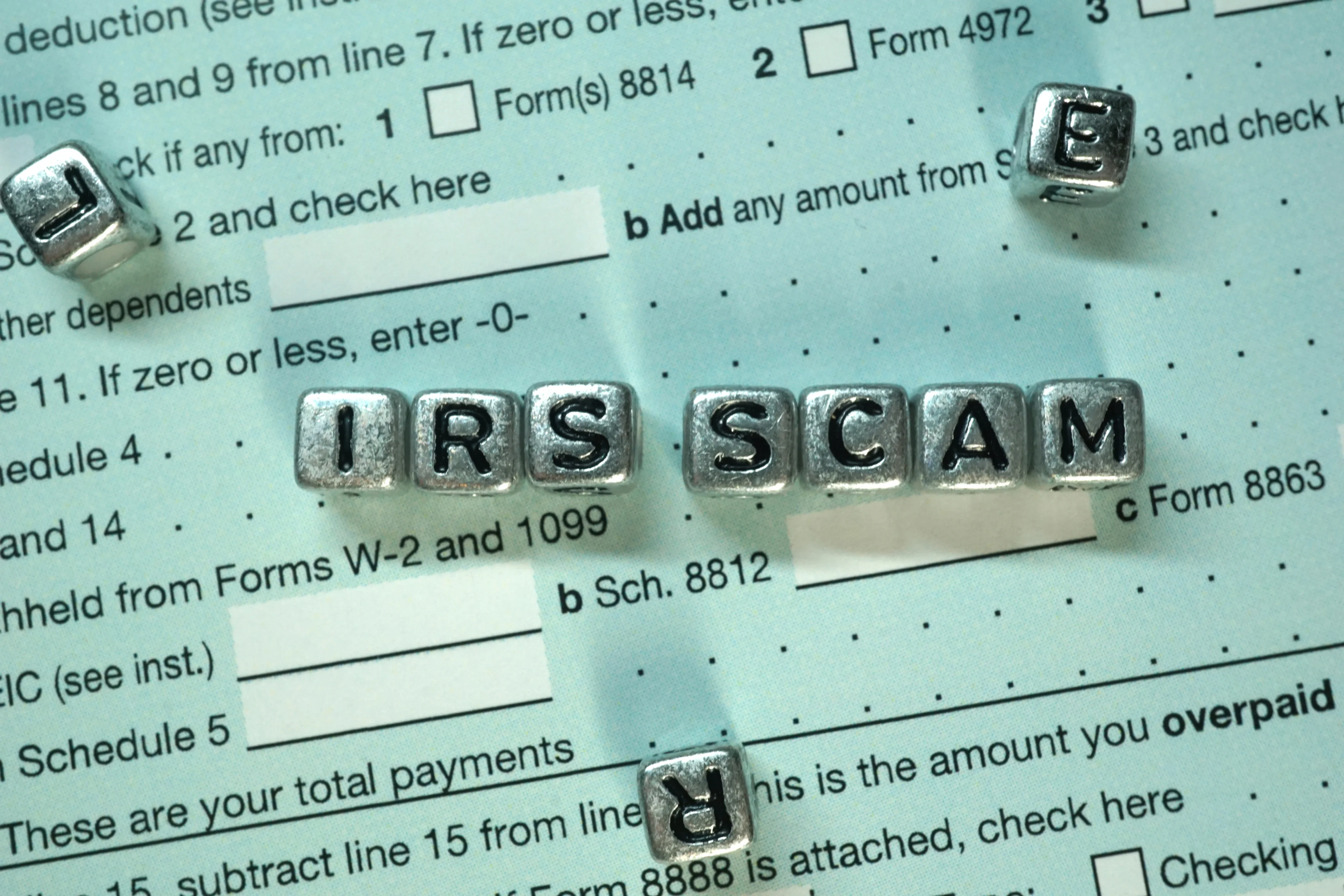
Be on the Lookout for These 5 Summer Tax Scams
The IRS and its Security Summit recently issued a warning for taxpayers to be vigilant against a surge of summer tax scams, as scammers continue to send mass emails and text messages to unsuspecting victims in an attempt to steal money and/or their identity. Here are highlights of the five most popular schemes you should be aware of.
1. Continued Economic Impact Payment Schemes
Classified as the highest-volume email scheme the IRS is seeing, this scam consists of emails enticing individuals with subject lines like “Third Round of Economic Impact Payments Status Available” and the IRS as the purported sender. While the third round of Employee Impact Payments (EIPs) occurred in 2021, scammers have continued to adapt their messaging and trick individuals into clicking a phishing link. Since the Fourth of July holiday period alone, the IRS has seen thousands of these emails reported. Taxpayers should look out for emails with similar subject lines, as well as spelling errors and factual inaccuracies within the body of the email, a tell-tale sign of a scam attempt. Here’s an example provided by the IRS:
2. Falsified “You May Be Eligible for the Employee Retention Credit” Claims
Given the popularity and appeal of the Employee Retention Credit (ERC), the IRS has advised taxpayers to be aware of aggressive pitches from scammers promoting substantial refunds. Promoters have been caught attempting to lure ineligible taxpayers into claiming the credit via radio and internet ads, basing their claims on inaccurate eligibility and computation of the credit. In the process, scammers obtain taxpayers’ personal information and can use it to steal their identity. Warning signs of an ERC scam include providers charging up-front fees or a fee based on a percentage of the ERC claimed. Even if an individual is scammed into improperly claiming the ERC, they must still pay it back, possibly with penalties and interest.
3. “Claim Your Tax Refund Online” Scams
Scammers understand the appeal of free or overlooked money to individuals, so they create emails with subject lines similar to “Claim Your Tax Refund Online Now” that are seemingly sent from the IRS. In the email, the scammers suggest the recipient must have somehow missed receiving their tax refund and offer to help them claim it. Individuals should look for spelling errors and urgent claims pressuring them to click a link. Here’s an example currently in circulation:
4. Texts That “Help You Fix It”
A popular text scheme reported to the IRS in recent weeks involves identity thieves sending texts from a seemingly official sender, such as “govirs-accnnt2023”. They barrage the recipient with claims that there are problems with an individual’s tax return, but not to worry, the anonymous sender can solve the issue if the individual simply clicks the link within the message. Again, misspellings are common. Here’s an example: "MSG … IRS: You federal return was ban-by the IRS. Don't worry, we'll help you fix it. Click this link."
5. The “Delivery Service” Mail Scam
In this creative scam, a mailing arrives in a cardboard envelope from a “delivery service”. The letter inside resembles a legitimate IRS document, including its official masthead, stating it is “in relation to your unclaimed refund.” Again, be on the lookout for misspellings and factual inaccuracies.
Remain Vigilant and Report if Needed
The IRS and Security Summit partners regularly warn individuals about common scams, including the annual IRS Dirty Dozen list. It's important to note the IRS will never contact you via email, text or social media regarding a tax refund or bill. If you believe you’ve received a phishing attempt (or have already fallen victim to any of these aforementioned schemes) be sure to report it to the IRS at phishing@irs.gov, as well as the Treasury Inspector General for Tax Administration or the Internet Crime Complaint Center. As always, Doeren Mayhew’s tax advisors stand ready to help meet your business and personal tax needs. Contact us for assistance today.


